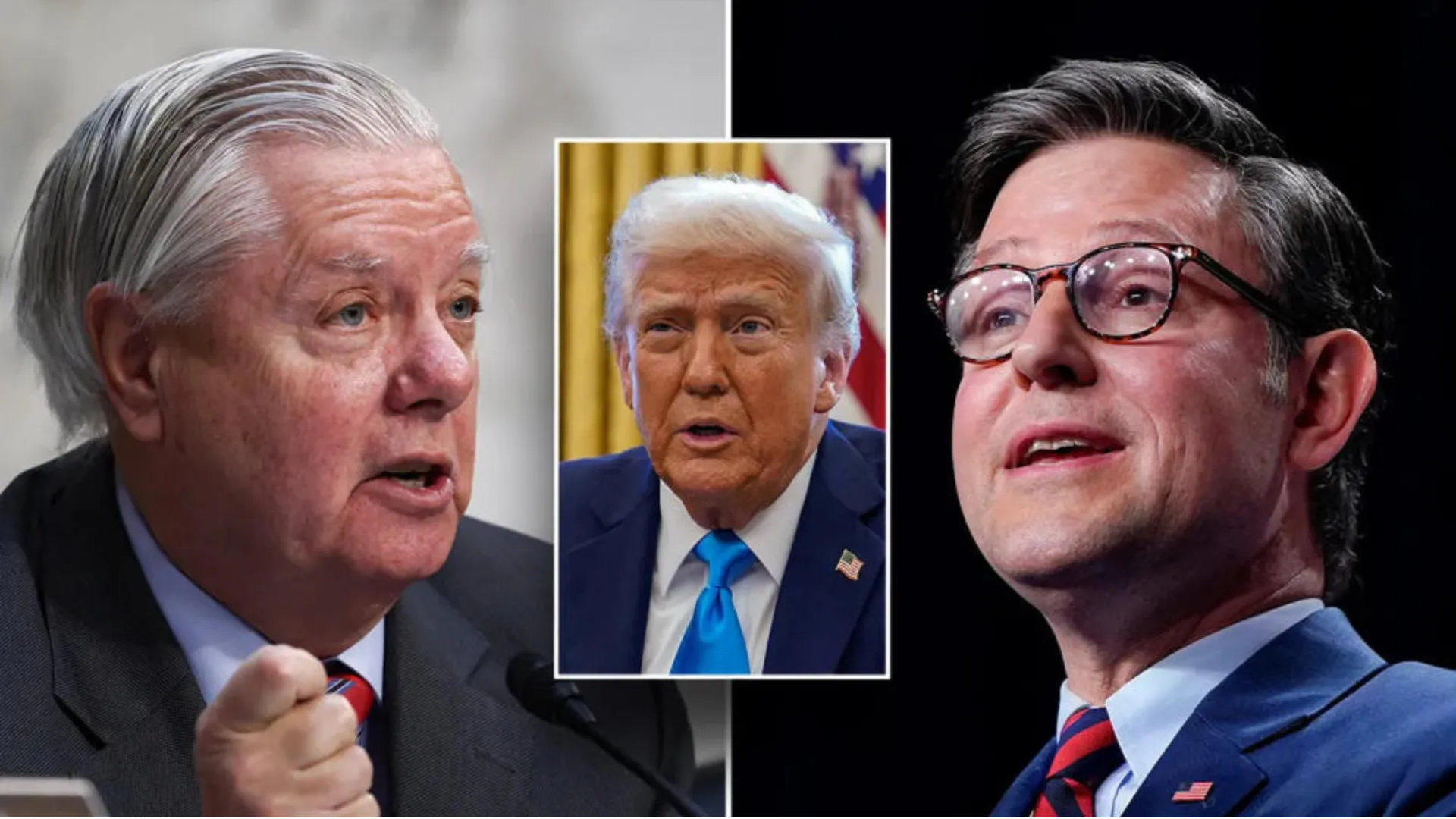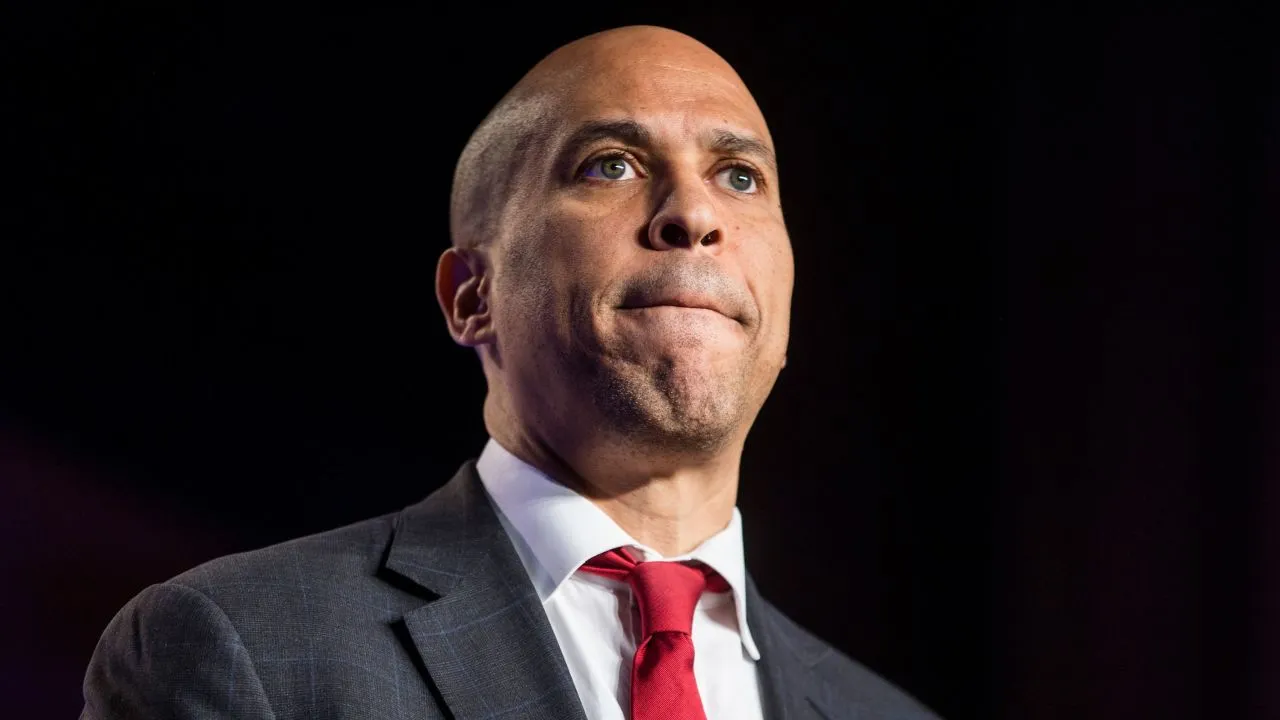
In a move that has sent shockwaves through local health departments across the nation, the U.S. Department of Health and Human Services (HHS) announced the cancellation of federal grants aimed at combating not just COVID-19 but a myriad of pressing health crises that still loom large. This sweeping decision, a bitter pill for many public health officials, was delivered with little warning late Monday night or early Tuesday morning in a flurry of stop-work notices that signaled the immediate end of much-needed funding.
The grants in question, a crucial lifeline for state and local health departments, were allocated with the express purpose of addressing the COVID-19 pandemic, but their impact has been far broader. From tracking the spread of infectious diseases to vaccinating populations, from supporting mental health initiatives to improving public health infrastructure—these funds have been woven into the very fabric of our ongoing battle to protect American lives in a time of unprecedented public health challenges.
Yet, as the government declared the pandemic "over," it has also moved swiftly to declare these grants expendable.
The federal government, citing the end of the COVID emergency, argued that the grants, totaling more than $11 billion, were no longer necessary. The funds, which were originally intended to help combat the immediate dangers posed by the COVID-19 pandemic, are now being rescinded with an expectation that the money will be recovered within 30 days of the termination notice.
But the situation is far from simple.
While the pandemic may have subsided, the scars it left on the nation's public health infrastructure are deep. The very systems that were set up to respond to COVID-19 have been instrumental in addressing other public health threats.
Take, for example, the ongoing measles outbreak in Texas, or the fact that thousands of health workers have been hired through these grants to address a spectrum of health concerns far beyond COVID. These grants were not merely pandemic-era tools—they were part of a broader strategy to strengthen America's public health capabilities, an essential part of the nation's safety net.
Health officials, particularly those on the front lines, have sounded the alarm. The loss of these grants is not just about halting COVID-19 testing or vaccine drives. It's about ending crucial programs that address the health of vulnerable populations—especially those living in underserved areas.
It’s about pulling the rug out from under public health agencies that are already grappling with stretched resources and outdated technology.

"We are not just fighting COVID anymore. We're also responding to outbreaks of other diseases. We're working on mental health, chronic disease management, and addressing deep-rooted health disparities.
These programs were not only about COVID-19. They were the foundation of public health efforts that reached far beyond the pandemic," says Adriane Casalotti, Chief of Government and Public Affairs for the National Association of County & City Health Officials.
There’s another layer to this decision that is causing confusion and concern: the issue of money already spent. While the government expects to recover funds within 30 days, many of these grants have already been fully allocated.
Millions of dollars have been used to hire staff, buy equipment, and deliver services that are integral to communities’ well-being. How will this be handled? What happens to health initiatives that have been rolling out across the country?
HHS is silent on how they intend to reclaim funds already in motion—funds that have already been put to work on the ground. And therein lies the crux of the issue: Can we afford to dismantle the very infrastructure that kept us safe during one of the most deadly health crises in modern history? And if so, will we be prepared for the next outbreak?
Some, like the Department of Health and Human Services, argue that with the pandemic’s end, these funds are no longer necessary. "The COVID-19 pandemic is over, and HHS will no longer waste billions of taxpayer dollars responding to a non-existent pandemic," the department’s statement reads.
This marks the stark contrast between a government eager to reduce spending and the public health professionals warning that these decisions could harm efforts to mitigate other diseases in the future.
This sudden move raises another question—how does the nation move forward from here? If the pandemic is over, as HHS insists, then why are we still seeing cases of COVID-19 in certain areas? Why do we still need the infrastructure to track and respond to these infections? These questions, and many others, remain unanswered as the government pulls back on the resources that have been vital to maintaining public health.

Critics are not just concerned about the immediate loss of funding, but about the long-term consequences of this decision. The pandemic revealed deep inequalities in the American healthcare system, and these grants were a step toward addressing those disparities.
With the stroke of a pen, the government has dismantled a critical tool in the fight to overcome those inequalities.
State and local health officials are sounding the alarm, warning that the sudden pullback of these resources could lead to a public health disaster that could affect the most vulnerable among us. The consequences of this decision are not theoretical; they are already being felt in real-time in communities across the country.
As the nation moves on from the pandemic, the question we must ask ourselves is: What happens to the people and the systems that were keeping us safe when the next public health crisis comes knocking? The decision to terminate these grants may very well mark a pivotal moment in the ongoing struggle to balance fiscal responsibility with the need to safeguard public health. In the end, it’s not just about money—it’s about the lives at stake.



